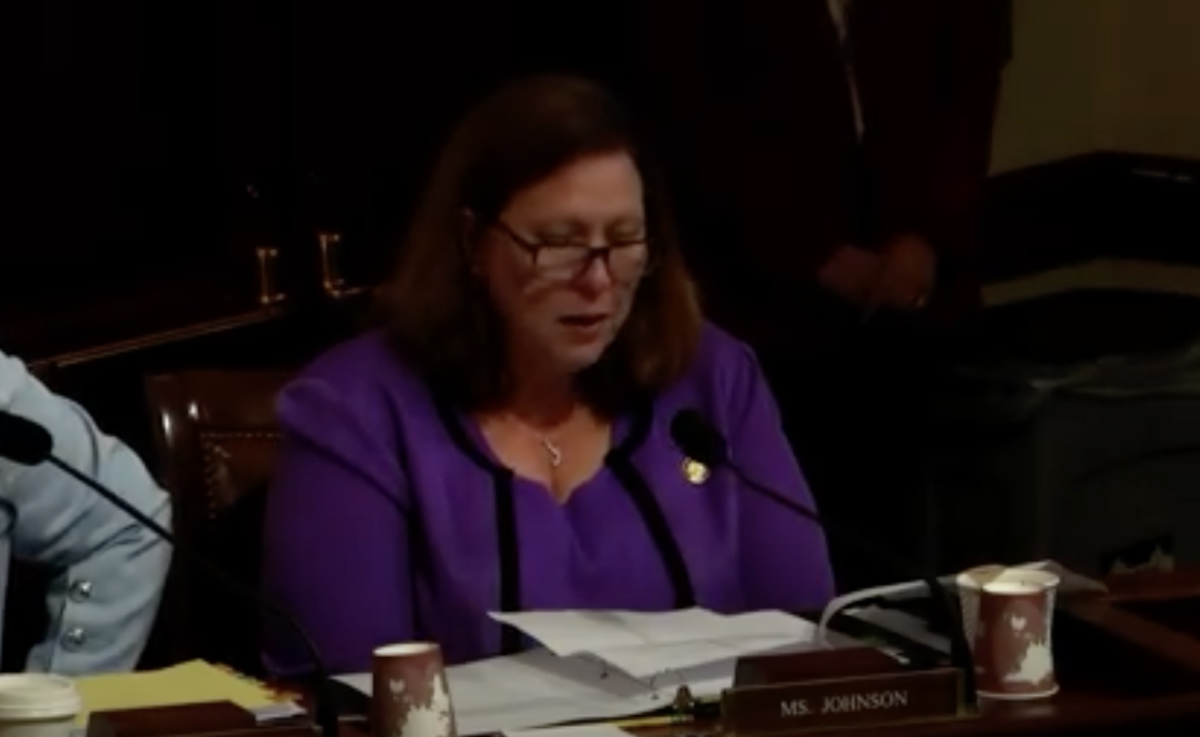Johnson Introduces Bipartisan Bill to Secure Pipelines, Passes Unanimously Out of Homeland Security Committee

WASHINGTON, DC — Congresswoman Julie Johnson (TX-32), Vice Ranking Member of the House Homeland Security Committee, introduced the bipartisan Pipeline Security Act, which gives the Transportation Security Administration (TSA) greater authority to secure America’s nearly 3 million miles of pipelines from both physical and cyber attacks. The House Homeland Security Committee unanimously passed this bill out of committee today.
“Texas is America’s energy state. Our pipelines fuel the nation, power our homes, and support millions of good-paying jobs,” said Johnson. “But that strength also makes us a target. Cyber threats and terrorist attacks on our pipelines don’t just threaten Texas, they threaten America’s energy security, our economy, and our way of life. If these pipelines go down, families face skyrocketing costs, communities face energy shortages, and hundreds of thousands of jobs are put at risk. That’s why I introduced the bipartisan Pipeline Security Act, to give TSA the authority, expertise, and resources it needs to keep our pipelines safe and our energy future secure. I’m proud this bill passed the Homeland Security Committee with bipartisan support, and I urge my colleagues on both sides of the aisle to get it across the finish line. Protecting America’s energy supply chain isn’t about politics, it’s about protecting our workers, our economy, and our national security.”
“The Pipeline Security Act is a crucial piece of bipartisan legislation that ensures the Transportation Security Administration (TSA) serves as the lead federal agency protecting our pipeline infrastructure,” said Congressman Carlos Gimenez (FL-28), a Republican co-sponsor of the bill. “By codifying TSA’s security mission, we close gaps in authority, strengthen oversight, and guarantee that operators have the intelligence, guidance, and standards needed to stay resilient against evolving cyber and terrorist threats. As America faces growing challenges from foreign adversaries, securing our energy infrastructure is not optional, it is essential.”
Since the TSA's creation in 2001, the TSA has had authority over pipeline security; however, other agencies have attempted to increase their own authority over this type of security. For example, in the aftermath of the Colonial Pipeline attack in 2021, the Department of Energy (DOE) was put in charge of the response rather than the Department of Homeland Security or TSA, even though DOE does not have the authority to mandate security measures for critical infrastructure owners and operators. The Pipeline Security Act provides clarity and permanence to TSA’s authority over pipeline security.
The bill now heads to the House floor for a vote. To read the full text of the bill, click here.
Congresswoman Julie Johnson represents Texas’s 32nd Congressional District in the United States House of Representatives, serving on the Homeland Security Committee, Foreign Affairs Committee, and the House Administration Committee. Her district includes parts of Collin, Dallas, and Denton Counties.
###